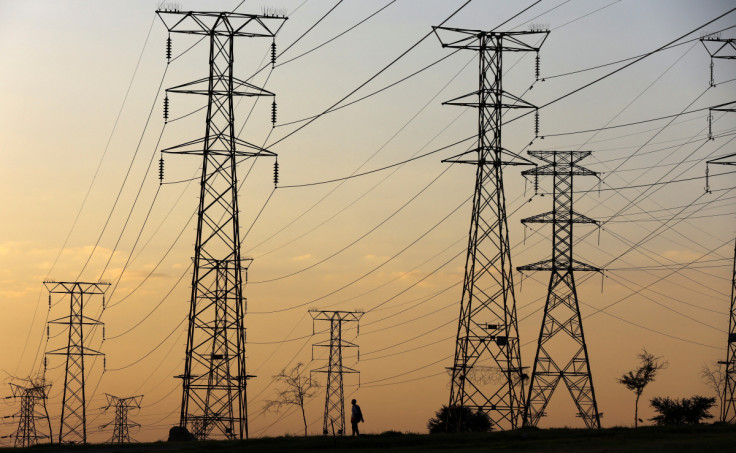Court Hearing: Trade Union Blames Government, Ramaphosa, Eskom Over Severe Power Cuts
National Union of Metalworkers of South Africa (NUMSA) members gathered outside the North Gauteng High Court as it hears severe power cut issues in South Africa.
The country witnessed the most intensive load shedding last year and December 2022 was the highest load-shedding month ever, as Council for Scientific and Industrial Research report.
In total South Africa faced more than 200 days of power cuts last year due to which the country faced over $50 million of loss on daily basis. It also caused a huge impact on several services and public infrastructure.
Eskom company is responsible for providing electricity across the country and it has struggled to meet the energy requirements, which eventually leads to a massive load-shedding problem in South Africa.
"It is very obvious from the responses of the various participants [Eskom and Others or the respondents], that none of these organs of the state want to take responsibility for load shedding," NUMSA's spokesperson Phakamile Hlubi-Majola told PeoplesDispatch on Wednesday.
Hlubi-Majola further referred to the 1998 White Paper on the Energy Policy, which clearly stated that "Eskom's present generation capacity surplus will be fully utilized by about 2007" and "Timely steps will have to be taken to ensure that demand does not exceed available supply capacity and that appropriate strategies, including those with long lead times, are implemented in time."
The spokesperson noted that these organs of state have failed to implement the changes and now everyone in the country is suffering.
She added, "There are human rights violations taking place as a result of the failure to mitigate against this crisis and the courts have a duty to assist us in holding the government to account."
The hearings of the case began on March 21. The case is divided into Part A and Part B.
The first part seeks immediate relief from load shedding in the case of health institutions, schools, telecommunication networks, police stations, water and sanitation services and all big and small businesses that are trading in perishable goods.
Whereas, the second part, which the court will hear in May, wants to hold the government, ministers, President Cyril Ramaphosa and energy company Eskom reliable for their failure to provide electricity in the country.
Hlubi-Majola also noted that these rolling blackouts create life-threatening situations in public hospitals. She added, "Patients are dying because of load shedding. And when faced with such an outcome, the courts and the government cannot turn a blind eye."
While the court case goes on, electricity minister Kgosientsho Ramokgopa is busy visiting power stations across the country and talking with Eskom workers to understand the problem. On Tuesday, Ramokgopa noted that the load-shedding issue is technical, claiming that there are no corruption problems.
"The problems and challenges that we have here are technical problems, they have nothing to do with so-called corruption," Ramokgopa said during the Kusile Power Station visit on Tuesday. "We will be honest and transparent on where we are in relation to the resolution of this problem. We will communicate that to the general public."

© Copyright 2025 IBTimes ZA. All rights reserved.





















